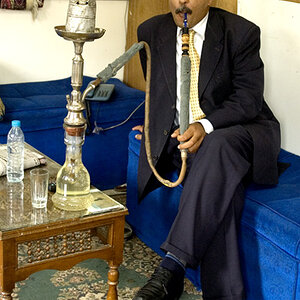Johnboy2978
No longer a newbie, moving up!
- Joined
- Oct 21, 2004
- Messages
- 1,797
- Reaction score
- 30
- Location
- Southwest Virginia
- Website
- www.johncountsphotography.com
- Can others edit my Photos
- Photos OK to edit
I know in the past there have been a ton of threads about how the bar has really been lowered in quality since the invention of the DSLR and how every mom w/ a camera is now a "pro" and doing weddings, bridals, seniors, babies, etc.
I'm thinking that with digital processing though, that perhaps the bar is higher for the real pro though? I wasn't shooting seriously with film in the past so I'm not sure how much work a pro would do to each image in the darkroom. I would wager though that now with photoshop, there is a much higher percentage of folks editing a much larger percentage of their images by their client. How many old pros would weigh in on that position?
I was just thinking today about the wedding photog we used 15 years ago. How many pros just went out w/ a dozen rolls of film, shot to the best of their ability, then sent it to the lab and that was it? In comparison, I would estimate that most pros today would at least batch process/tweak 85% of their images before getting it to the client.
So I'm curious to hear from you folks who have been in the business for 15+ years and have seen both eras. Was it simpler times in film, or no change?
I'm thinking that with digital processing though, that perhaps the bar is higher for the real pro though? I wasn't shooting seriously with film in the past so I'm not sure how much work a pro would do to each image in the darkroom. I would wager though that now with photoshop, there is a much higher percentage of folks editing a much larger percentage of their images by their client. How many old pros would weigh in on that position?
I was just thinking today about the wedding photog we used 15 years ago. How many pros just went out w/ a dozen rolls of film, shot to the best of their ability, then sent it to the lab and that was it? In comparison, I would estimate that most pros today would at least batch process/tweak 85% of their images before getting it to the client.
So I'm curious to hear from you folks who have been in the business for 15+ years and have seen both eras. Was it simpler times in film, or no change?



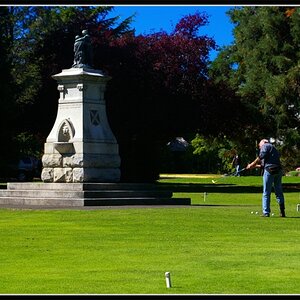
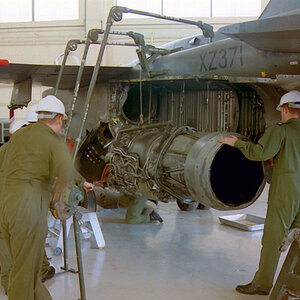

![[No title]](/data/xfmg/thumbnail/35/35875-613296cbb015a9d4bc5b47aca161290e.jpg?1619737200)
![[No title]](/data/xfmg/thumbnail/37/37622-530e264cdd98e6648079b89d7d3cd356.jpg?1619738153)
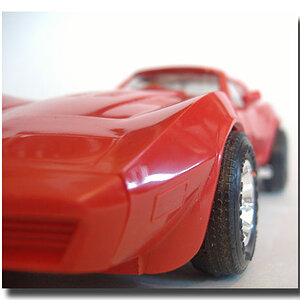
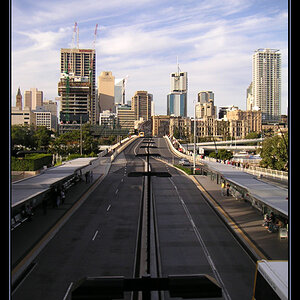
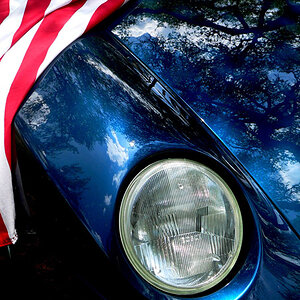
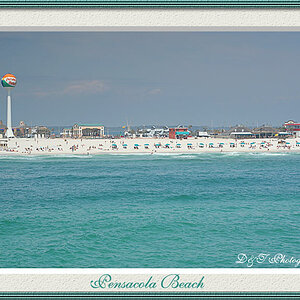
![[No title]](/data/xfmg/thumbnail/35/35872-12704b8c65e1c009d7089ccba367abb6.jpg?1619737198)
